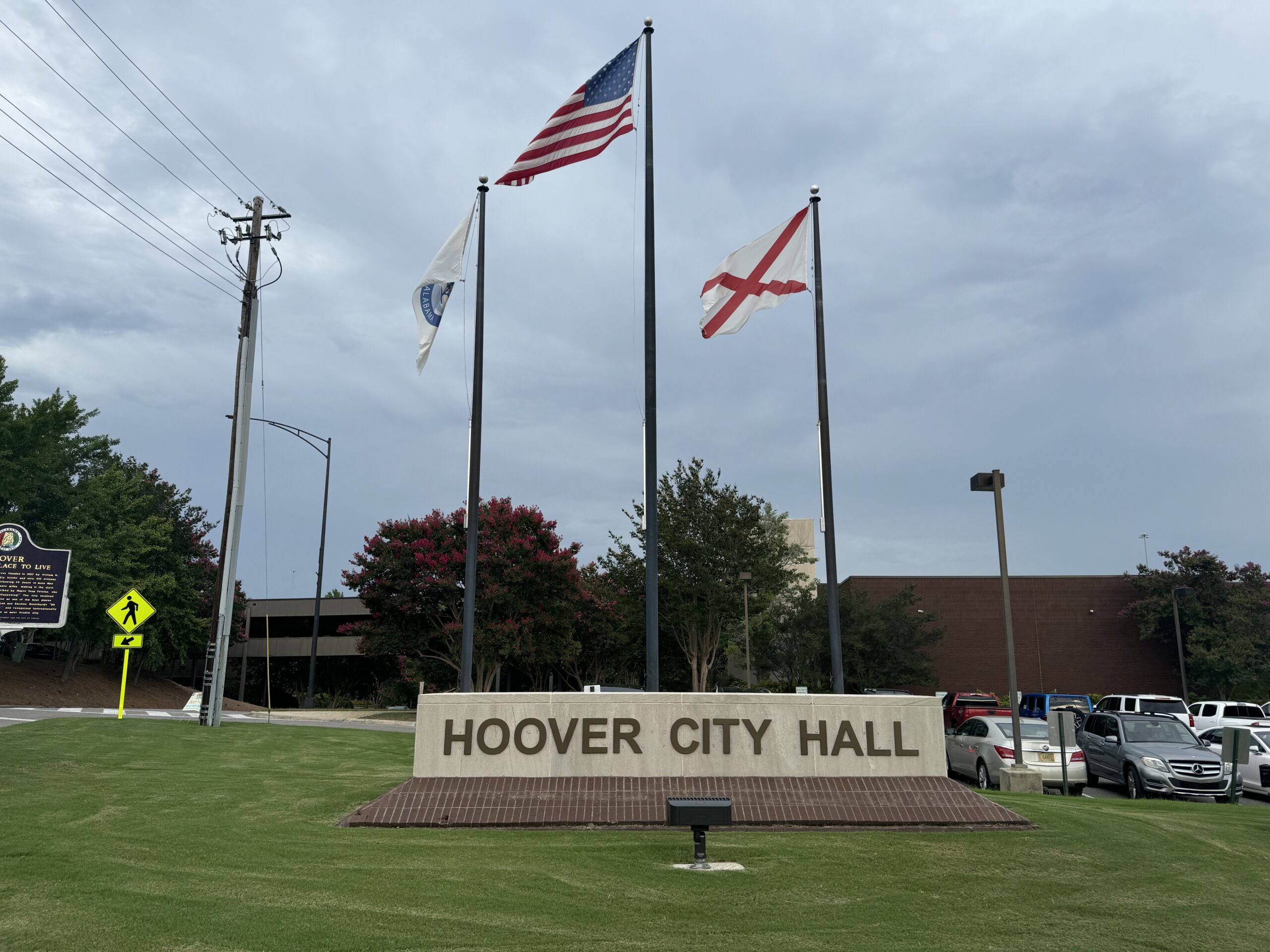Thanks to a new law signed by Gov. Kay Ivey earlier this month, Alabama children will be allowed to bring and apply sunscreen at school or camp without a doctor’s note.
Previously, following U.S. Food and Drug Administration (FDA) guidelines, school systems categorized sunscreen as an over-the-counter medication like Tylenol or ibuprofen and required a doctor’s note to have it at school. Alabama has loosened these restrictions to make it easier for kids to protect themselves from skin cancer.
Alabama is the fourth state to pass this law in 2017.
The American Society for Dermatologic Surgery Association (ASDSA) applauds the bill’s sponsors, Springville-Republican State Sen. Jim McClendon and Talladega-Republican State Rep. Ron Johnson – sponsors of Senate Bill 63 and House Bill 147 – for their leadership on the issue, and thanks both the legislature and Governor Ivey for their support of the efforts to help protect children from skin cancer.
“Creating a culture of sun-safe behavior in our youth is a real part of how we can reduce the risk of skin cancer,” said ASDSA President Thomas E. Rohrer, MD. “As dermatologic surgeons, we must help the public understand the real risks of excessive sun exposure and how to mitigate them.”
The ASDSA said in a statement allowing “the regular and routine use of sunscreen at schools without a prescription” is key to reducing skin cancer in the U.S.
The Centers for Disease Control (CDC) and Prevention and the U.S. Preventive Services Task Force both agree — children should have access to sunscreen and other sun-protective measures in order to reduce the risk of skin cancer.
Related
Share via:












